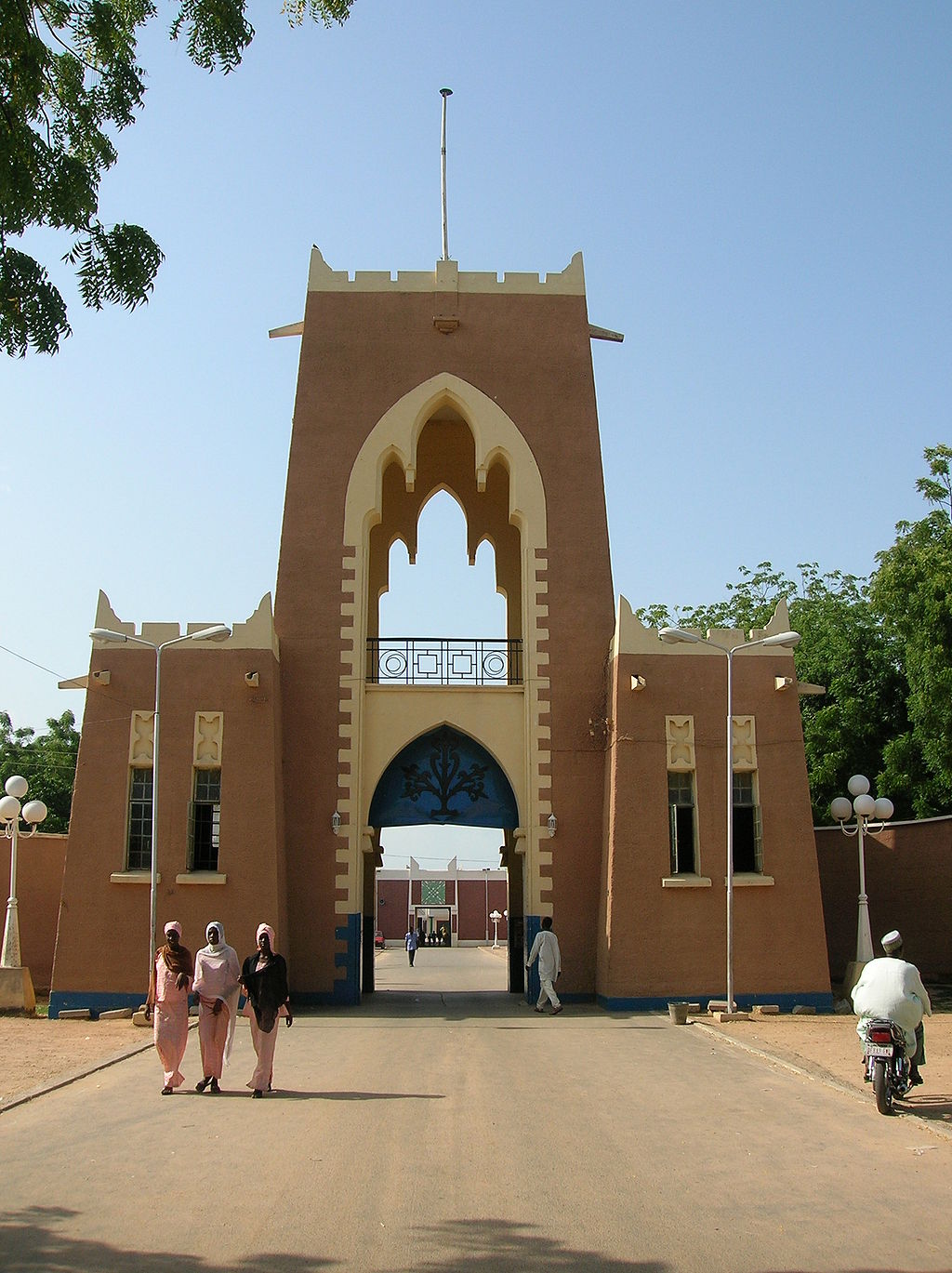Overall Score
In the northern part of Nigeria, the city of Kano, the capital center of the state under the same name, has sprung up. It is one of the largest settlements in the country. The ethnic composition of its inhabitants is mostly that of the homeland. In 2000, the Constitution was introduced throughout the state. For this reason, many Christians were forced to leave the city. Modern Kano is one of the countrys most important centers. Almost half of the regions manufacturing output comes from companies in the region.
Kano has a long history. Founded as a small village, it has grown into a major center in a thousand years. Its first buildings were laid near a hillside rich in deposits of iron ore. Kano peaked in its heyday in the middle of the 15th century, during the trade on the Trans-Sahara Roads. In that distant time, the present city was considered the most important market in the Western Araxian territory. Kano merchants not only sold goods on the African continent, but also exported textile and leather goods to cities in Europe.
The next economic upturn in Kano came in 1912 after the railroad passed through the city. Nowadays, Kano is a transshipment center for railway products. Many cargoes from the northern part of the country are transported here, waiting to be shipped to other countries. The city has a very well-developed transportation network. Kano is linked by road to Chads main city, Ndjahamena, and the Malian settlements of Tomboukoutou and Gao.
As in the old days, the citys craftsmens quarters are traditionally home to and work with fabricators, porters, painters, painters, jewelers and other craftsmen. In old city neighborhoods, there are houses that look like cairns surrounded by a crusty wall. Tall buildings and structures occupy new areas. In Kano, old times and modern times are wonderfully intertwined. The Kano Palace is an eye-catcher for its grandeur and the beauty of its architectural details. At various points in the city are churches with minarets towering over them. The most lively and noisy place in Kano is the marketplace with its assortment of colorful merchandise, leather and textiles, clothing, food, cheese, nuts, and many other necessities of everyday life.
Overall Score
- Tap water: No, not drinkable
- Religious government: Non-religious
- Population: 2,800,000 people
- GDP: $2,176 / year
- Power outlets: 230V50Hz

- Internet: 4 Mbps
- Best wireless: MTN Nigeria
- Pay without cash: No, cash only esp. for foreigners
- Tipping: DON’T feel obligated to leave tips. It’s optional in Nigeria, but if you do want to leave a tip, 5% is fine.
- Apartments: Airbnb
- Hotels: Booking.com
- More hotels: Hotels.com
- Best taxi: Uber
- Best hospital: Aminu Kano Teaching Hospital
- Best short-haul air carrier: Aero Contractors
- Best intl air carrier: Turkish Ariways
- Monthly costs for expat: $450
- Monthly costs for family: $700
- Monthly costs for local: $200
- Meal: $1.2
- Small Cola: $0.2
- Beer 1 Pint: $0.7
- Coffee: $0.4
View Larger Map

